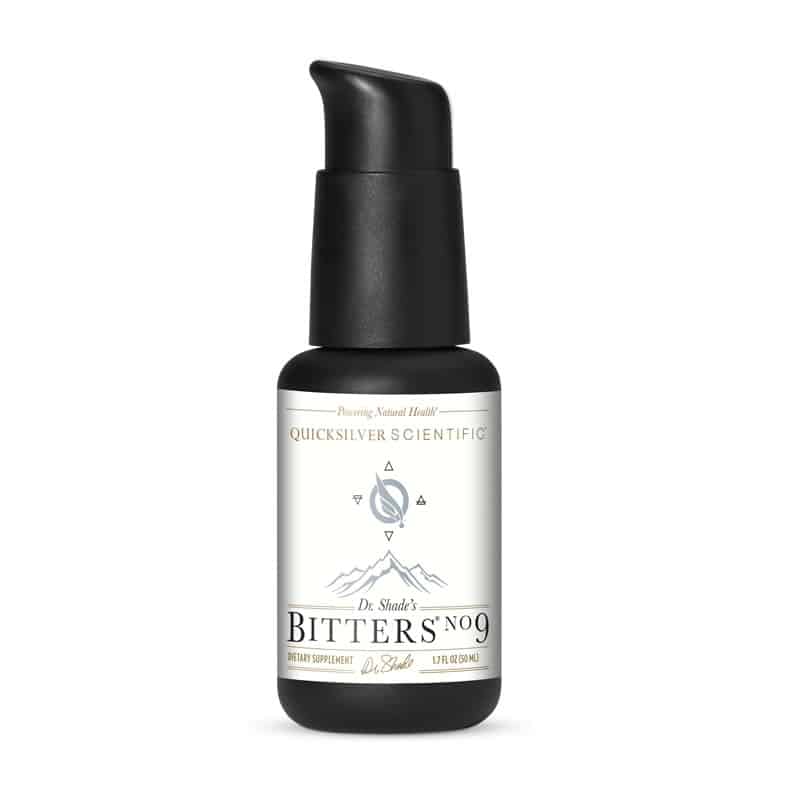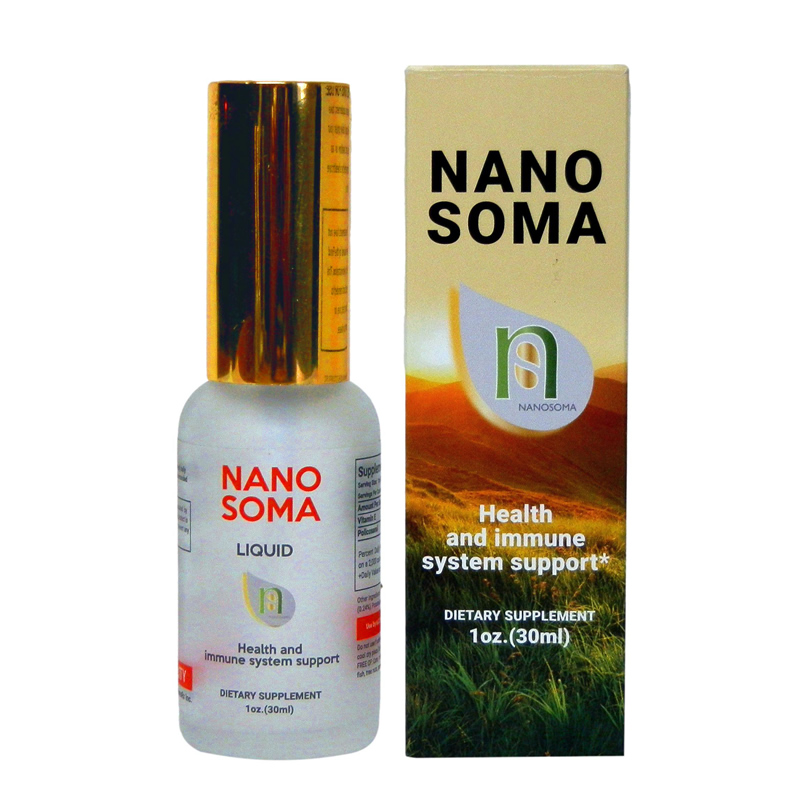No products in the cart.
Diabetes Risk Factors and Tips
What are Your Risk Factors?
Certain risk factors exist for diabetes. These include:
- being overweight (especially if your excess weight is around your tummy)
- being inactive/sedentary
- being over the age of 45
- having high cholesterol and other blood fats
- having high blood pressure
- being of Hispanic, African, Asian or Aboriginal descent
- giving birth to a large baby (over 9 lb. or 4 kg.)
- being related by blood to a person with diabetes (sibling, parent)
Diabetes Management and Wellness Tips
Nutrition
Healthy eating is very important to the management of diabetes. You should aim for a balanced diet that includes plenty of whole grains, fruits and vegetables to help control blood glucose levels.
- Maintain control over your eating habits. Don’t binge and don’t fast. Never miss meals.
- Reduce your salt intake by limiting ketchup, soy sauce, canned and dry soups, salted chips, pickles, pretzels, etc. Try using lemon juice, herbs and other seasonings to flavor your foods.
- Increase fiber intake through eating fresh and dried fruits, raw and cooked vegetables, nuts, cereals, peas, beans and lentils (certified organic is the best choice when possible).
- Reduce the fat in your diet by avoiding creamy sauces and gravies, choosing lean cuts of meat, and limiting cold cuts, sausages and wieners. Use only low-fat or no-fat salad dressings.
- Reduce or eliminate the consumption of trans fatty acids (hydrogenated and partially hydrogenated oils) as they have been shown to reduce insulin sensitivity by disrupting cell membrane structure
- When snacking, try unbuttered, unsalted popcorn or cereals, fruit wedges, low fat yogurts and cheeses, raw vegetables and low-fat dips.
- For desserts, choose fruit, ice milk, sherbet or frozen yogurt. Avoid cakes, cookies, pies and candies.
- Increase dietary intake of omega 3 fatty acids found in flax, salmon and other dietary sources.
Exercise
Make sure you do a little every day. Exercise helps your body to work more efficiently by improving cardiovascular conditioning, reducing blood pressure and lipids (e.g., cholesterol), and increasing the effect of insulin. Exercise that involves the large muscles (walking, running, hiking, swimming, etc.) uses more energy, metabolizes food more efficiently and lowers blood sugar.
Medication
Be sure to take your medication at the correct time. Keep good records of your dosages and blood sugar levels.
Monitoring
Remember to regularly monitor your blood sugar levels. This will allow you to better control them.
Lifestyle Supplements
Bioflavonoids (potent plant chemicals that have a protective function on plant and animal/human cells), have been shown to strengthen the blood vessels, particularly the smaller blood vessels/capillaries. (It is the smaller blood vessels that are primarily affected by diabetes, causing diabetic retinopathy, circulatory problems in the feet, and bruising.) Two particularly powerful bioflavonoids derived from Camellia sinensis (tea) and Vitis vinifera (grape) are present in the nutritional supplement Recovery. This is available from pharmacies and health food stores. Recovery should never replace prescription medications and its use should be discussed with your doctor.
To “cover all nutritional bases” it is wise to take a high quality multi-vitamin mineral supplement. Learn to cope with stress. Mismanaged stress contributes significantly towards high blood pressure and heart disease. Take a stress management course or read up on how to manage the stress in your life.







